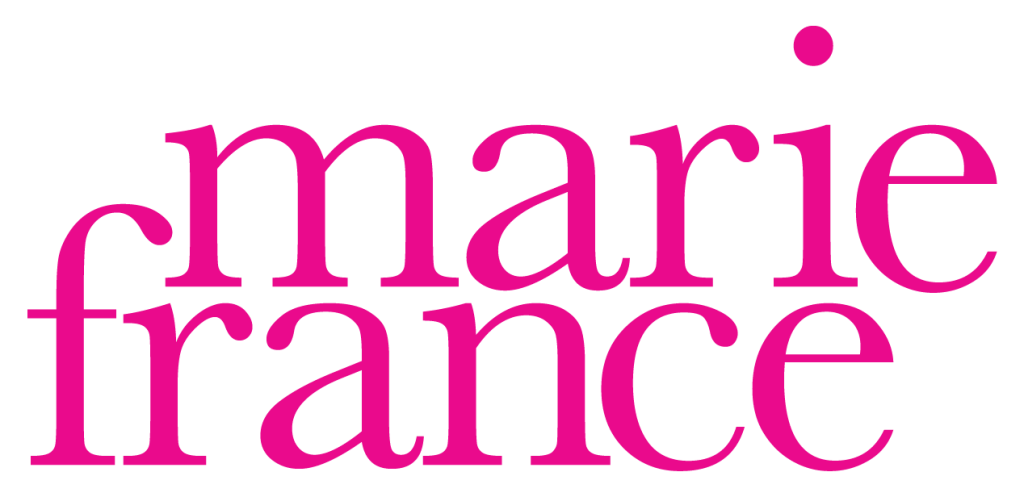
Hormonal imbalance effects vastly differ for women and men, so how do they affect weight management for each sex?
Men and women experience distinct hormonal fluctuations and imbalances. Perhaps you’ve noticed that one sex loses weight at a slower rate or tends to store more fat in specific body parts compared to the other.
Hormonal Imbalances in Men
Men’s hormonal profiles are predominantly influenced by testosterone, the primary male sex hormone. However, imbalances in testosterone levels, as well as other hormones, can occur due to various factors such as:
- Low Testosterone Levels: This can lead to decreased muscle mass, increased body fat, reduced energy levels, and diminished libido, thus contributing to weight gain, particularly around the abdomen. Building and maintaining muscle mass can become challenging.
- Elevated Estrogen Levels: This imbalance can occur due to factors such as excess body fat, exposure to environmental estrogen-mimicking compounds, or certain medications. Elevated estrogen levels in men can lead to gynecomastia (enlarged breast tissue) and abdominal fat accumulation.
- Cortisol Imbalance: Chronic stress can disrupt cortisol levels in men, leading to increased abdominal fat deposition, insulin resistance, and metabolic dysfunction.
Hormonal Imbalances in Women
Women’s hormonal profiles are more complex, characterized by cyclical fluctuations throughout the menstrual cycle and significant hormonal shifts during life stages such as puberty, pregnancy, and menopause. Common hormonal imbalances in women include:
- Estrogen Dominance: This occurs when there is an imbalance between estrogen and progesterone levels, often characterized by heavy or irregular periods, breast tenderness, and weight gain, particularly around the hips and thighs.
- Polycystic Ovary Syndrome (PCOS): Symptoms may include irregular menstrual cycles, ovarian cysts, acne, and weight gain, particularly around the abdomen.
- Thyroid Dysfunction: Hypothyroidism (underactive thyroid) or hyperthyroidism (overactive thyroid) can disrupt metabolism and lead to weight gain or weight loss, respectively.
If you suspect that you’re experiencing one or two of these imbalances, it’s important to consult with your doctor for a proper diagnosis and treatment plan.
If you are struggling with hormonal weight management, know that our experts at Marie France understand the complexities of hormonal imbalance that might affect your weight loss efforts. Contact us today to learn more about our personalized weight loss programs and start your journey towards a healthier, happier you!









